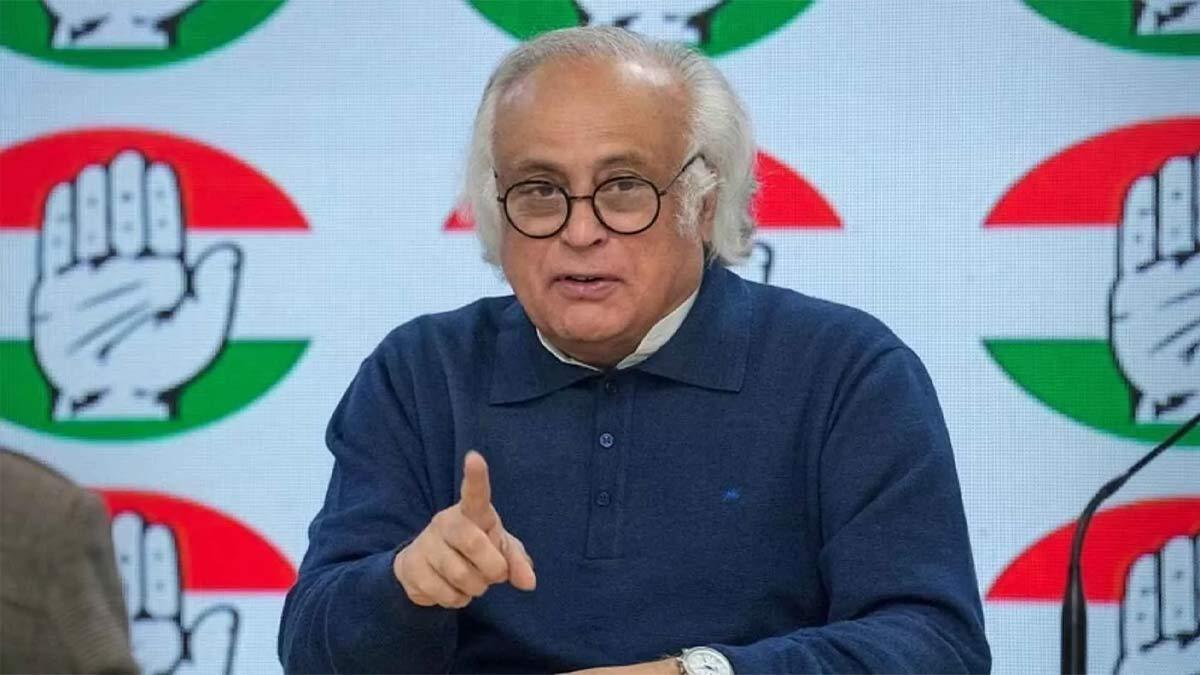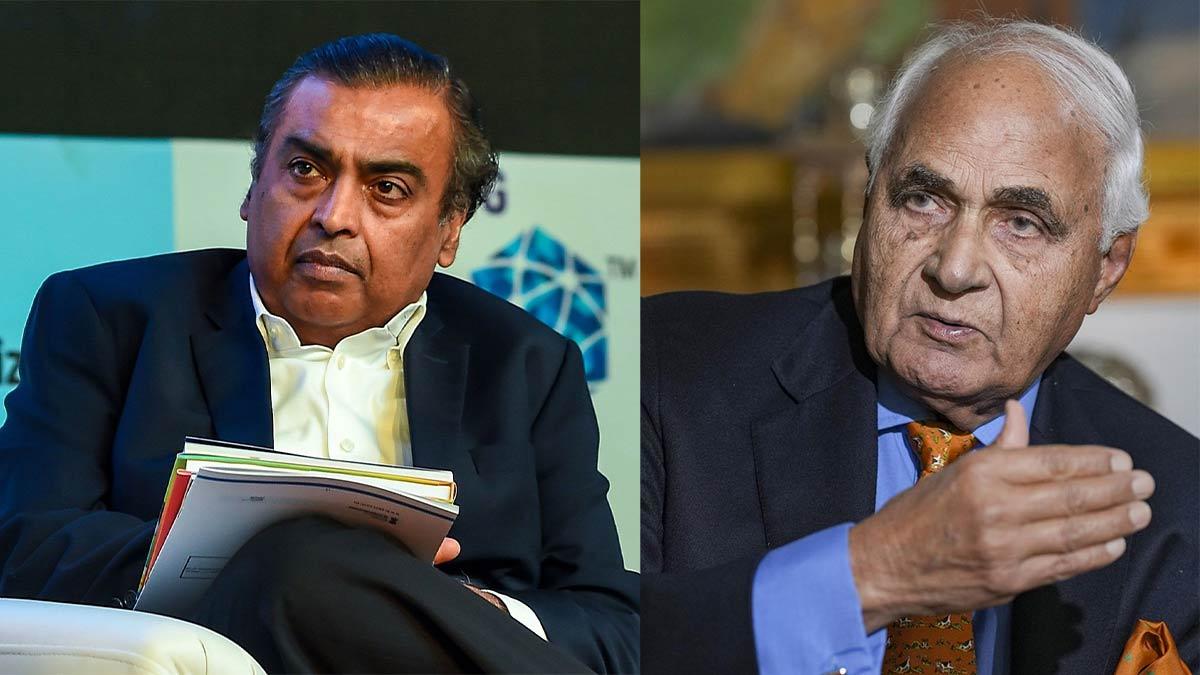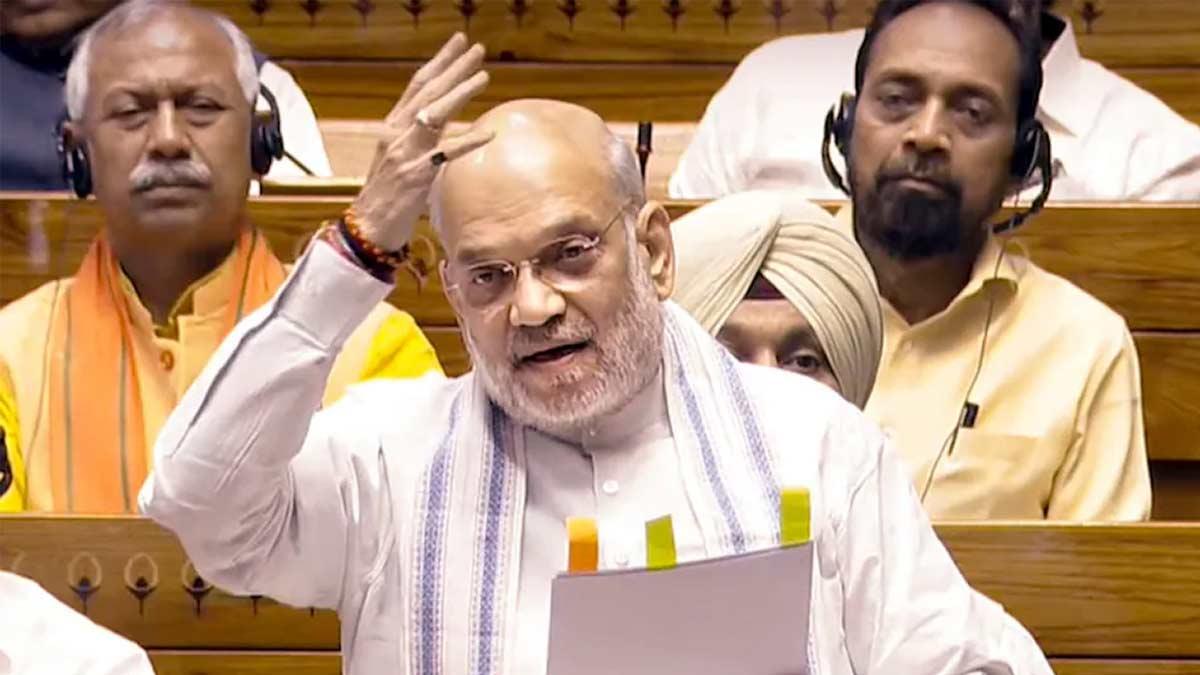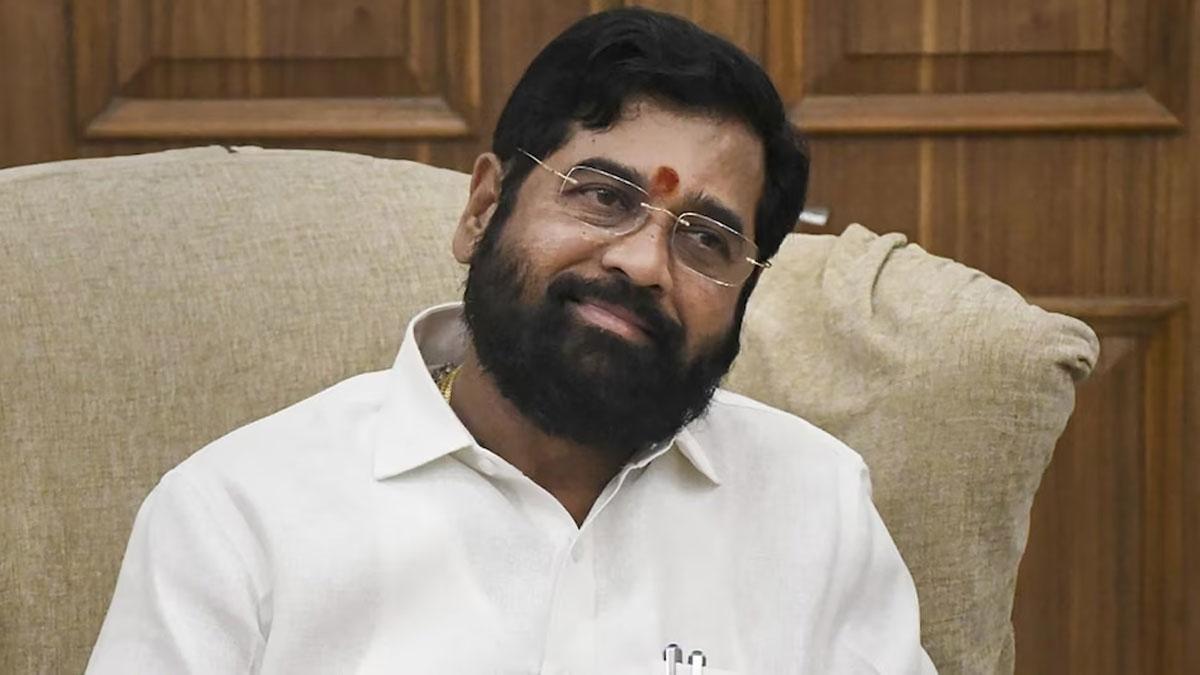The Congress party has made up its mind to challenge the Waqf (Amendment) Bill, 2025, in India's Supreme Court. This was announced officially by Jairam Ramesh, the party's General Secretary for Communications and a Rajya Sabha MP.
The controversial bill was cleared by Parliament after it was okayed in the Rajya Sabha in the early hours of Friday morning. The Lok Sabha had approved it a day before, after a lengthy 12-hour-long debate.
Speaking of earlier legal petitions filed by the party, Ramesh said on Friday in an X post, "The INC's petition challenging the CAA, 2019, is being heard in the Supreme Court. The INC's petition challenging the 2019 amendments to the RTI Act, 2005, is being heard in the Supreme Court. The INC's petition challenging the validity of the amendments to the Conduct of Election Rules (2024) is being heard in the Supreme Court."
During the course of proceedings in the Rajya Sabha, the bill got 128 votes in support and 95 MPs voting against it. In Lok Sabha, it was supported by 288 members and opposed by 232 lawmakers.
Ramesh reaffirmed that the Congress party continues to be willing to defend the spirit of the Places of Worship Act, 1991, in court. He went further to state, "The INC will very soon be challenging in the Supreme Court the constitutionality of the Waqf (Amendment) Bill, 2024. We are confident and will continue to resist all assaults of the Modi Govt on the principles, provisions, and practices that are contained in the Constitution of India."
Opposition Accuses Bill of Being 'Unconstitutional'
Opposition leaders have criticized the Waqf Amendment Bill, claiming that it goes against constitutional values and raised questions about the government's reason for bringing the bill. Congress President Mallikarjun Kharge accused the Modi government of taking a "negative stand" on the matter.
Senior Congress leader and Rajya Sabha MP Abhishek Manu Singhvi also raised questions regarding the legality of the bill. He claimed, "They have abused the majority and the bill has been thrust upon us. If the bill is challenged, there is a strong possibility that the judiciary will hold it as unconstitutional."
Key Provisions of the Waqf Bill
The bill targets Waqf-related governance overhaul through the empowering of Waqf tribunals and establishing a systematic approach to appointment with a fixed tenure for streamlining mechanisms for redressal of disputes.
Under the new framework, the contributory requirement by Waqf institutions to Waqf boards will be lessened from 7% to 5%. Moreover, institutions that earn an annual income over ₹1 lakh will be audited by auditors appointed by the state. To further increase transparency and efficiency, the bill also requires the setting up of an automated Waqf property management central portal. Furthermore, it restores a pre-2013 provision which made it possible for practising Muslims (who must be so for at least five years) to dedicate property to the Waqf.
Modi Welcomes Passage of Waqf Bill
Prime Minister Narendra Modi termed the passage of the bill as a historic move towards socio-economic justice, transparency, and inclusive growth in the nation.
In a tweet on X, Modi said, "This will especially benefit those who have long been on the periphery, hence denied both opportunity and voice."
Read also| Maharashtra: Shinde to Review All Files Before Reaching CM Fadnavis
Read also| DMK to challenge Waqf bill in SC, Says CM Stalin


















